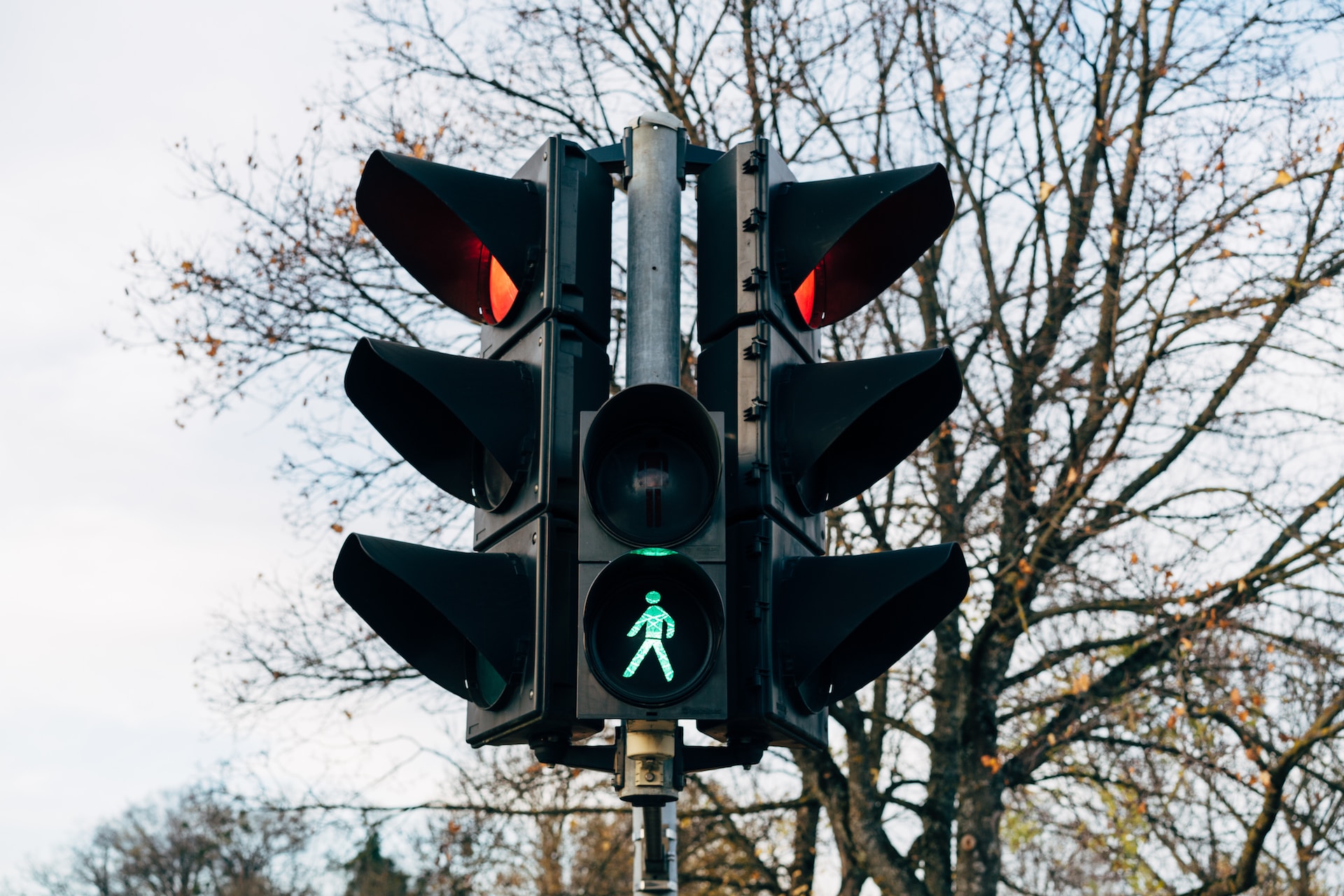Should We Regulate AI?

Whether or not we should regulate AI is a complex question with no easy answer. It is wise to consider a number of aspects, including the potential risks and benefits of AI, the feasibility of regulation, and the potential impact of regulation on innovation.
The Risks and Benefits of AI
Let us take a look at some of the different risks and benefits of AI.
Some of the potential risks of AI include:
- Bias: AI systems can be biased, which can lead to unfair or discriminatory outcomes.
- Safety: AI systems can be hacked or malfunction, which can lead to physical or financial harm.
- Privacy: AI systems can collect and use personal data, which can violate privacy rights.
- Job displacement: AI systems can automate tasks that are currently conducted by humans, which could lead to job displacement. This job displacement can lead to further benefits over the long term. In the short term, it can cause turmoil due to more individuals living without the ability to earn. This turmoil can have a massive impact on society. If artificial intelligence is to bring about abundance, the question is how will it do so, and will it be abundance for all, in a world with finite resources.
Some of the potential benefits of AI include:
- Higher productivity: AI systems can automate tasks that are currently done by humans, which can free up time for humans to do a vast number of other things.
- Improved decision-making: AI systems can view and conduct analysis on large amounts of data. Further, it can identify patterns that humans may not be able to see. This can lead to better decision-making in a variety of areas, such as healthcare, finance, and business.
- Improved healthcare: AI systems can be used to diagnose diseases, develop new treatments, and provide personalized care.
- Improved transportation: AI systems can be used to develop self-driving cars and other transportation technologies that can improve safety and efficiency.
AI certainly offers a whole host of benefits and is a technology that can have a net positive impact on society and the world if there is a thoughtful approach to utilization.
It is Essential To Consider the Feasibility of Regulation
The feasibility of regulation is also a major concern. AI is a quickly evolving sector, and it is very difficult to keep up with the latest ongoing developments. This makes it difficult to develop regulations that are effective and up-to-date.
Finally, regulation could have a negative impact on innovation. AI is a disruptive technology, and it is important to allow for innovation in order to reap the full benefits of AI. Regulation could stifle innovation by making it more difficult to develop and deploy new AI technologies.
It would be a shame to impose significant burdens with regard to innovating with AI. This can also lead to the concentration of the technology in the hands of a few entities.
Let us look a little further at the incorrect ways of regulating this technology.
What is the wrong way to regulate AI?
There are a number of ways to regulate AI incorrectly. Some of the most common mistakes include:
- Regulating too early: AI is a rapidly evolving field, and it is difficult to keep up with the latest developments. This makes it difficult to develop regulations that are effective and up-to-date. Regulating AI too early could stifle innovation and prevent the development of new and beneficial AI technologies.
- Regulating too broadly: AI is a broad term that encompasses a wide range of technologies. Regulating AI too broadly could have unintended consequences and could impact beneficial AI technologies.
- Regulating without considering the impact on innovation: AI is a disruptive technology, and it is important to allow for innovation in order to reap the full benefits of AI. Regulation that stifles innovation could prevent the development of new and beneficial AI technologies.
- Regulating without considering the impact on society: AI has the potential to impact society in a number of ways, both positive and negative. Regulation that does not consider the impact on society could have unintended consequences.
It is important to carefully consider the risks and benefits of AI regulation before developing any regulations. Regulation should be targeted, effective, and up-to-date. It is also important to consider the impact of regulation on innovation and society.
Various Aspects to Consider with AI Regulation
In conclusion, there are a number of factors to consider when deciding whether or not to regulate AI. There are potential risks and benefits to consider, as well as the feasibility of regulation and the potential impact on innovation. Ultimately, the decision of whether or not to regulate AI is a complex one that will need to be made on a case-by-case basis.
